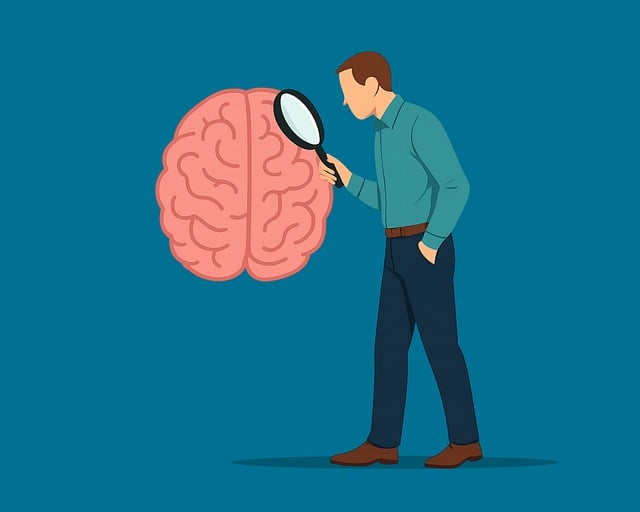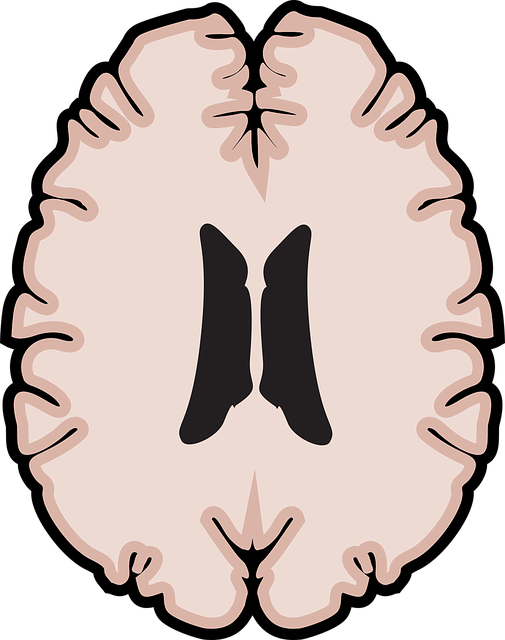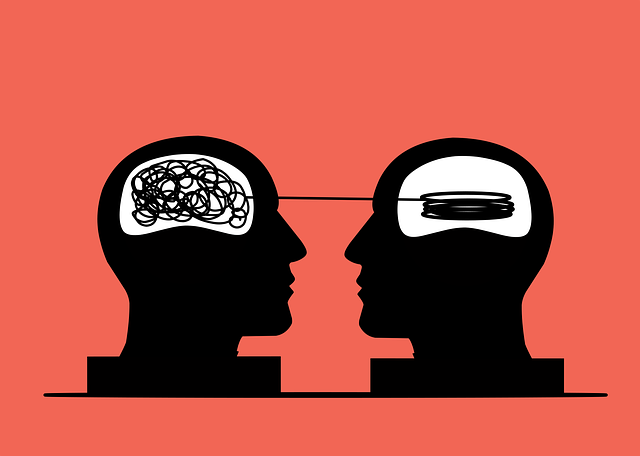Mental health is a critical yet often overlooked aspect among elderly German-speakers, facing unique challenges like physical and cognitive changes, and social isolation. Prevalent issues range from depression and anxiety to complex conditions. Tailored interventions such as Emotional Well-being Promotion Techniques and Crisis Intervention Guidance can significantly improve their quality of life. Accessing therapy services is crucial but hindered by cultural and linguistic barriers. Specialized mental health education programs with self-awareness exercises, focused on cultural nuances, are essential to reduce anxiety, encourage early identification, and promote overall well-being. Effective therapy approaches like CBT and empathy-focused therapy, combined with cultural considerations, enhance the mental wellness of German-speaking elders.
Mental wellness promotion is a vital aspect of healthy aging, especially within the German-speaking community. This article explores the unique challenges and opportunities in supporting mental health among the elderly in this cultural context. We delve into understanding the specific needs and barriers faced by seniors, focusing on access to therapy services tailored to their linguistic and cultural requirements. By examining effective therapy approaches, we aim to illuminate strategies that foster mental wellness, ensuring better quality of life for German-speaking elders.
- Understanding Mental Health in the Elderly German-Speaking Community
- Accessing Therapy Services: Overcoming Barriers for Elders
- Effective Therapy Approaches for Promotting Mental Wellness
Understanding Mental Health in the Elderly German-Speaking Community

Mental health is a significant aspect of overall well-being, especially among the elderly German-speaking population. In many communities, discussions around mental wellness have traditionally focused more on younger generations, leaving older adults’ unique challenges often overlooked. The aging process can bring about various physical and cognitive changes, as well as social isolations, which may contribute to emotional distress. It is crucial to understand that mental health issues in the elderly German-speaking community are prevalent and diverse, ranging from depression and anxiety to more complex conditions.
Promoting emotional well-being among seniors requires tailored approaches. Therapy for Elders German Speaking can play a pivotal role in addressing these concerns. Effective interventions include Emotional Well-being Promotion Techniques that focus on fostering positive thinking and resilience. Crisis Intervention Guidance is also essential, offering support during acute mental health crises. By integrating these strategies into community care, it becomes possible to enhance the quality of life for elderly individuals, ensuring they receive holistic attention for their mental wellness.
Accessing Therapy Services: Overcoming Barriers for Elders

Accessing therapy services is a vital step for older adults seeking mental wellness, but there can be barriers to entry. Language and cultural differences, especially for those in the German-speaking community, might make it challenging to find suitable therapists or programs tailored to their needs. Overcoming these hurdles is essential to ensure effective support. Many elders may feel more comfortable discussing sensitive topics with practitioners who share their linguistic and cultural background, facilitating better communication and understanding.
To address this issue, mental health education programs designed specifically for older adults can play a significant role. Incorporating self-awareness exercises tailored to cultural nuances can help participants explore and manage their emotions while gaining valuable insights into their mental health. By providing accessible resources and promoting open dialogue, these programs can reduce anxiety and encourage the early identification of mental health concerns among Germany’s elderly population, ultimately leading to better overall well-being.
Effective Therapy Approaches for Promotting Mental Wellness

Promoting mental wellness among elderly individuals can be effectively achieved through tailored therapy approaches. For German-speaking elders, specific considerations come into play, ensuring cultural sensitivity and accessibility. Cognitive Behavioral Therapy (CBT) is a widely recognized method that helps individuals identify and change negative thought patterns and behaviors contributing to stress and anxiety. This approach has been proven effective in managing various mental health concerns among the elderly population.
Additionally, Empathy-focused therapy facilitates emotional healing processes by fostering open communication and understanding. Building empathy within therapeutic relationships can help elders feel heard and validated, promoting a sense of comfort and trust. Such strategies are valuable for addressing the unique challenges faced by German-speaking elders, combining evidence-based practices with cultural considerations to enhance overall mental wellness.
Promoting mental wellness in the elderly German-speaking community requires a multifaceted approach. By understanding the unique challenges and cultural nuances, we can effectively access therapy services tailored to their needs. Overcoming barriers through increased awareness, improved accessibility, and personalized care ensures that elders receive the support they deserve. Adopting effective therapy approaches, such as cognitive-behavioral therapy and mindfulness practices, can significantly enhance their mental health and overall well-being. Providing targeted interventions for this demographic is crucial, allowing them to live fulfilling lives and navigate aging with resilience.














